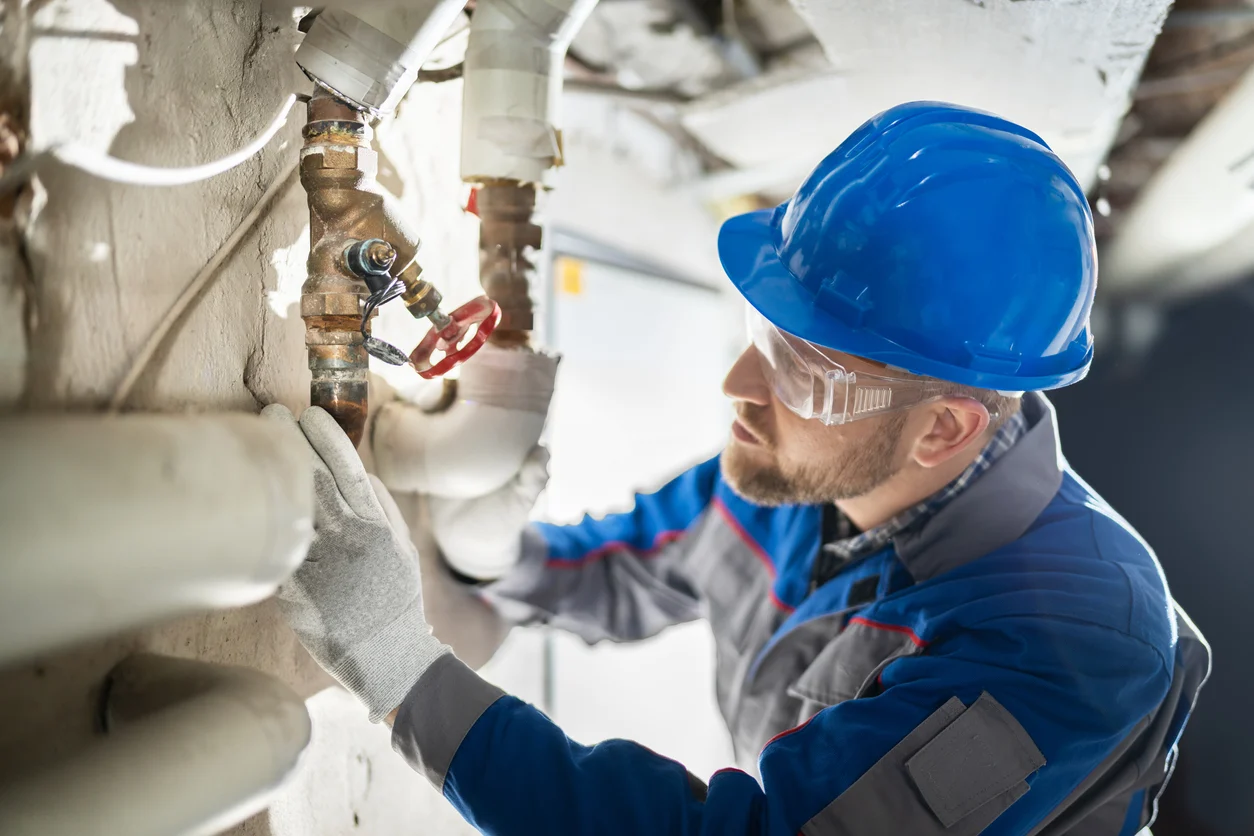
While residential plumbing is smaller in scope, commercial plumbing can be just as complex as residential plumbing. With multiple pipes interconnected to provide water and gas to thousands of people, commercial plumbing requires different systems to handle the amount of users. Commercial plumbing also requires a higher grade and durability of pipe fixtures to reduce break downs caused by strain. Residential plumbing systems may be small, so low grade pipe fixtures are used. Here are some things to keep in mind when you’re planning a commercial plumbing installation:
The first thing to keep in mind is the size of the commercial building. A residential building may have a single bathroom with a sink or shower, while a large office building has a multi-level building. In addition, many commercial buildings have multiple floors, requiring plumbers to deal with more complex plumbing systems and pipes. Commercial buildings must adhere to strict building codes, so commercial plumbing can be more complex. A large building also means more outlets and pipes.
A commercial plumber also handles maintenance work. Many food service establishments face problems with grease-blocked drains. These plumbers may be called in to clear the greasy drains or install special traps. They may also repair broken fixtures. These plumbers’ expertise is not limited to a specific type of job, as the skills required are often transferable to any area of commercial plumbing. The following are some benefits of a commercial plumber’s work:
Leaks are common plumbing problems in any building. Water leaks can originate from connecting pipes, plumbing fixtures, and appliances. Commercial plumbing experts are skilled in handling all types of leaks, including heavy water leaks in pipes and gas leaks in appliances. As a result, commercial plumbing experts can address any type of leak and restore your building to its pre-loss condition. It’s also important to consider how much work a commercial plumbing repair will take, as a plumbing emergency can cause serious damage to your property.
Commercial plumbing requires different systems than residential plumbing. Typical businesses have larger plumbing systems and need larger boilers than residential buildings do. The pipes are older and may not meet current health code requirements. Inefficient heaters can cause health and safety problems and even lead to legal action from local government. If water leaks occur, a commercial building may lose money due to water damage. You can expect a larger bill if your hot water isn’t available.
Besides plumbing, commercial buildings may also require lift stations. Lift stations, for example, counteract gravity’s effect on water flow. Pressurized pumps can be installed in the piping system to allow water to flow up the elevated areas. Additionally, commercial facilities can use a significant amount of hot water, and commercial plumbing contractors can install water heaters for the specific demands of such buildings. However, you should never underestimate the importance of a professional plumber when planning a commercial plumbing project.







